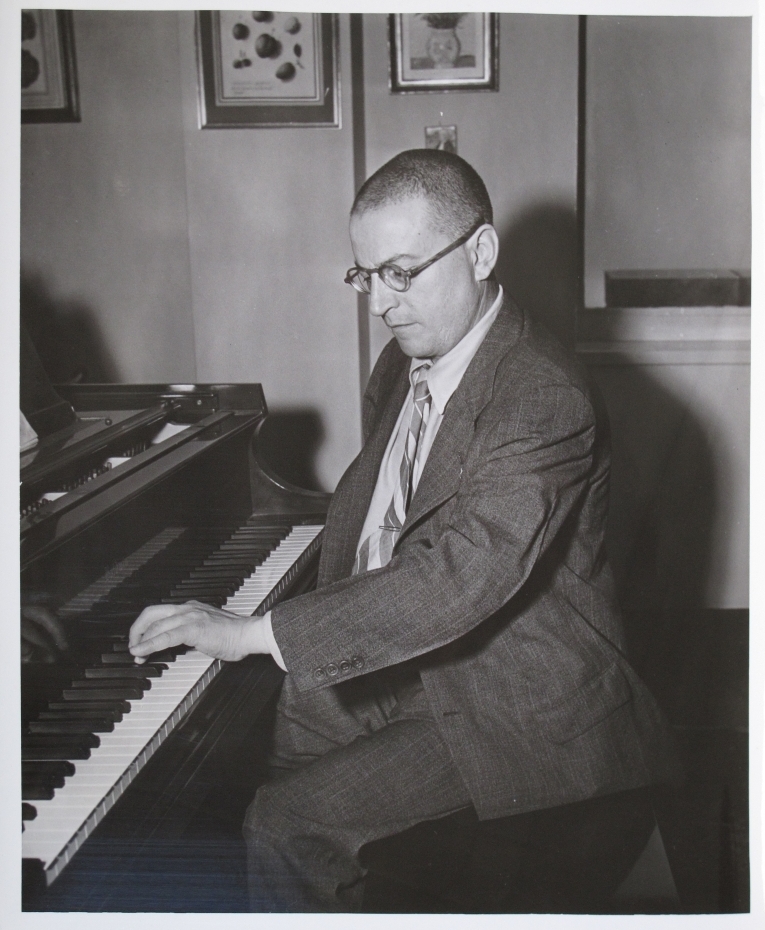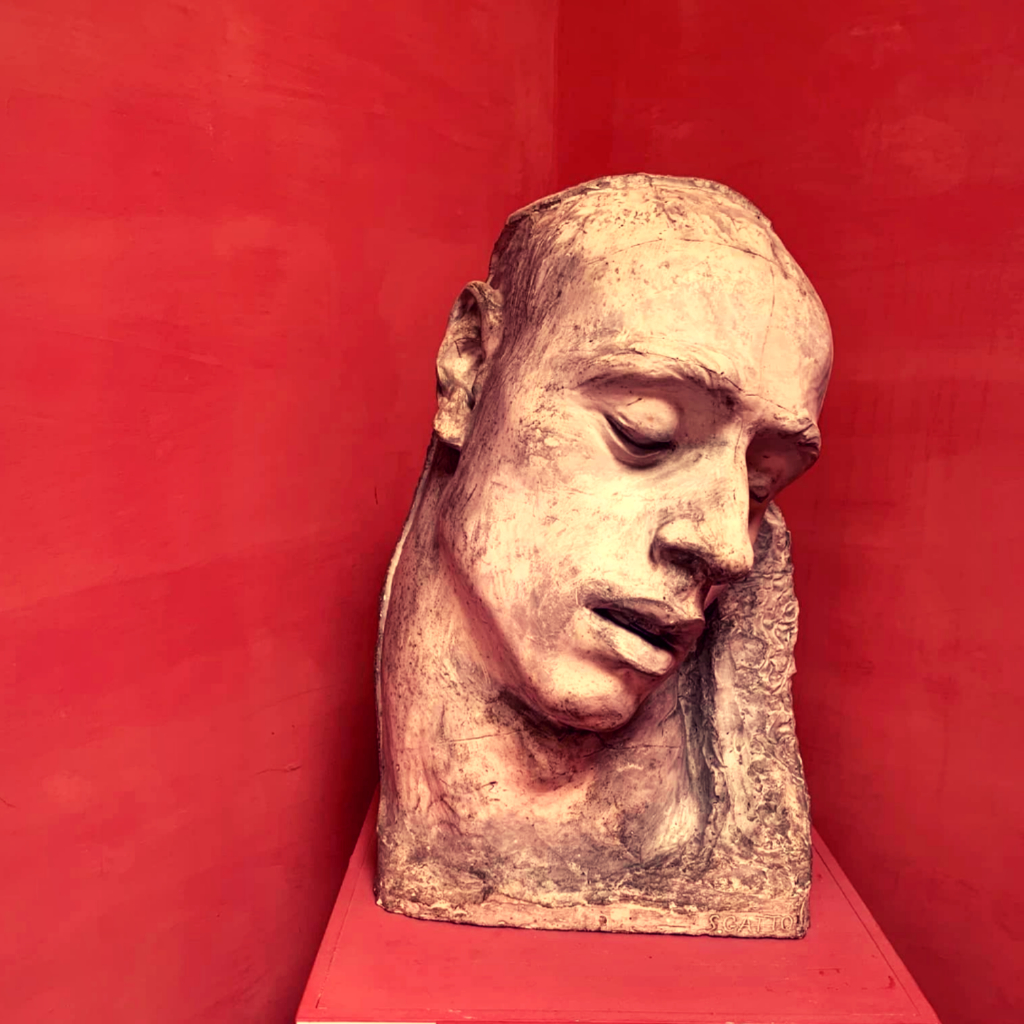
Ravel wrote the Concerto in D major for the left hand for the one-handed pianist Paul Wittgenstein, who was thereby saved from suicide…
The legend, as always, is more beautiful than reality, although this in no way diminishes the feat of Paul Wittgenstein himself.
Born into the family of the Austrian steel magnate Karl Wittgenstein. Famous musicians often visited their house (among them J. Brahms, G. Mahler, R. Strauss). So the atmosphere of home music-making at a high level surrounded Paul from an early age.
Studied playing the piano. He made his debut in 1913 in Vienna, but the next year, with the outbreak of the First World War, he went to the front as part of the Austrian army. He was taken wounded in Russian captivity and his right arm was amputated. Was in the Omsk prisoner of war camp and was released thanks to the Red Cross prisoner exchange program. Returned to Vienna by Christmas 1915.
Despite his injury, he did not give up music and began to create his own transcriptions for the left hand. He resumed his concert career and achieved exceptional skill, playing with one left hand.
By the way, Paul was boxing with an amputated arm …
He toured extensively throughout Europe, playing his own left-hand transcriptions of the classical repertoire.

Do we remember which family Paul is from?
Specially for Wittgenstein, contemporary composers wrote to order: R. Strauss, Ravel, B. Britten and even … Sergei Prokofiev.
Wittgenstein paid not only well, but so well that they could build new houses for this money, rebuild old ones, etc.
Some of these works have become known to the general public only in the last fifty to sixty years due to the fact that Wittgenstein, in view of the payment of commissions, set very strict conditions on the exclusive right to perform works written to order for a certain period of time (for the Ravel Concerto, the period was 6 years, and Korngoldovsky, for example, for life).
All of these obligations expired in 1961 when Wittgenstein died.
It is also interesting that during the first performance of the Concerto by Paul in 1931, he changed something in the piano part, adjusted the Concerto to his technique, did not understand the full significance of Ravel’s plan.
There were disagreements with the composer, Wittgenstein insisted: “The performer should not be a slave!” To which Ravel wrote, perhaps, the shortest letter in history: “Executors are slaves!”
Get here:


